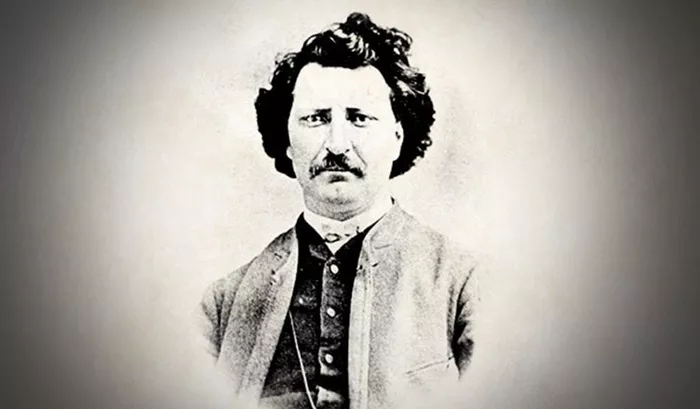December 27 has been a notable date in Canadian history, marked by significant events and developments that have shaped the nation. This article will explore several key occurrences on this date, providing a detailed account of their historical context and implications.
What Happened on December 27 in Canadian History?
1. The Leadership of Louis Riel (1869)
One of the most pivotal events in Canadian history that occurred on December 27, 1869, was the replacement of John Bruce by Louis Riel as the president of the Provisional Government of the Red River Colony. This event was part of the larger context of the Red River Rebellion, a crucial conflict between the Métis people and the Canadian government over land rights and self-governance.
The Red River Rebellion arose from tensions following Canada’s acquisition of Rupert’s Land from the Hudson’s Bay Company in 1869. The Métis, who were primarily French-speaking descendants of European settlers and Indigenous peoples, felt threatened by the influx of English-speaking settlers and the imposition of Canadian governance without their consent. In response to these pressures, Riel emerged as a leader advocating for Métis rights.
On December 27, 1869, Riel assumed leadership after ousting John Bruce, who had been seen as ineffective. Riel’s presidency marked a turning point in the rebellion as he began to assert control over negotiations with the Canadian government. His leadership was characterized by his vision for a just society that recognized Métis rights and culture.
Riel’s presidency led to the drafting of the List of Rights, which outlined the demands of the Métis for land rights and political representation. This document was crucial in negotiating Manitoba’s entry into Confederation as a province. The rebellion ultimately concluded with the establishment of Manitoba in 1870, although it also led to Riel’s exile and subsequent controversies regarding his legacy in Canadian history.
2. Birth of Mackenzie Bowell (1823)
Another significant event associated with December 27 is the birth of Mackenzie Bowell in 1823. Bowell would go on to become Canada’s fifth Prime Minister, serving from 1894 to 1896.
Born in England, Bowell immigrated to Canada with his family at a young age. He became involved in journalism and politics early on, eventually joining the Conservative Party. His political career included serving as a member of Parliament and holding various ministerial positions.
Bowell’s time as Prime Minister was marked by internal strife within his party and challenges related to national policies. His government faced significant opposition, particularly regarding issues such as education and trade. Despite these challenges, Bowell played a role in advancing Canadian federalism during his tenure.
Although Bowell’s time in office was relatively brief and tumultuous, he is remembered for his contributions to shaping Canada’s political landscape during a critical period in its development. His birth on December 27 serves as a reminder of the individuals who have influenced Canada’s governance.
3. The Impact of Historical Events on December 27
Beyond these specific events, December 27 has witnessed various occurrences that reflect broader trends in Canadian history. These include legislative changes, cultural developments, and significant social movements.
Throughout Canadian history, December has often been a time for legislative sessions or announcements that impact national policy. For instance, discussions around land rights and indigenous governance have frequently surfaced during this period, echoing themes from Riel’s leadership.
Culturally, December is significant for many Canadians due to its proximity to Christmas and New Year celebrations. These festivities often include reflections on national identity and heritage, allowing Canadians to consider their history collectively.
Conclusion
December 27 holds an important place in Canadian history through events like Louis Riel’s leadership transition during the Red River Rebellion and Mackenzie Bowell’s birth. Each occurrence contributes to our understanding of Canada’s complex past, illustrating how individual actions can resonate through time and shape national identity.As we reflect on these historical moments, it becomes evident that December 27 is not just another day on the calendar but a date rich with significance that continues to influence contemporary discussions about rights, governance, and cultural identity in Canada.
Related Topics:

